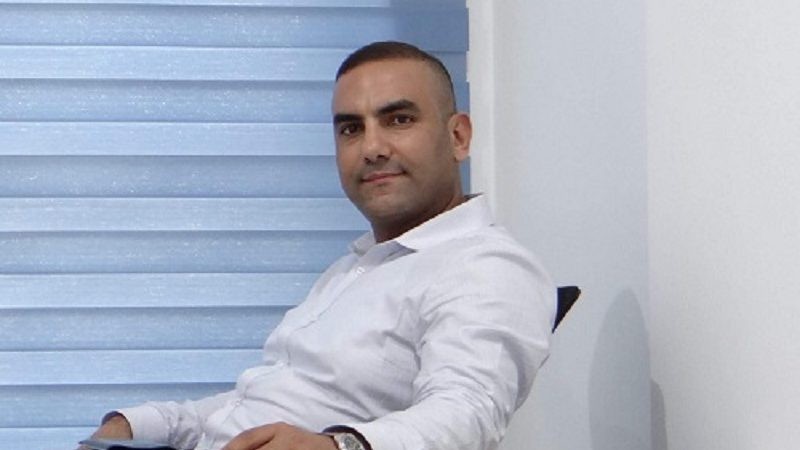Mahmood M Hardan (MCh Minimally Invasive Surgery 2013) works as a general surgeon based in Iraq, with a growing subspecialty interest in laparoscopic surgery. Alongside his clinical work, he contributes to academic surgery as a peer reviewer for the British Journal of Surgery and BJS Open. His career bridges hands-on surgical care, research, and education—with a focus on improving outcomes and advancing the field.
Talk us through your work
I work in general surgery, managing a wide range of emergency and elective conditions. My responsibilities include patient assessment, operative planning, performing procedures, and overseeing recovery. I’m particularly focused on laparoscopic surgery, which offers patients faster recovery, less pain, and fewer complications.
Minimally invasive techniques are transforming surgical care—enhancing outcomes and improving the overall patient experience. In today’s healthcare environment, that’s more important than ever. I also contribute to academic surgery through peer reviewing, which helps maintain high standards of evidence-based practice.
What does it mean to you to have been invited to be a peer reviewer for the British Journal of Surgery and BJS Open?
It’s a significant professional honour. It reflects recognition of my expertise and allows me to help shape the future of surgical science. As a reviewer, I assess research for scientific rigour, clinical relevance, and ethical integrity.
This role strengthens my academic profile, keeps me engaged with the latest innovations, and connects me with a global network of surgical professionals. It’s also a way to give back—supporting researchers and upholding the quality of surgical literature.
What advice would you give to someone considering a career in your field?
Surgery requires precision, resilience, and empathy. Research demands patience and curiosity. Build strong foundations, stay humble, and seek mentors who challenge and support you. Progress may be slow, but it’s meaningful—and always centred on improving patients’ lives.
What is your fondest memory of your time at Canterbury Christ Church?
My graduation ceremony at Rochester Cathedral stands out as a defining moment. Surrounded by peers and mentors, I reflected on the journey that brought me there. It was in that space that I committed to making a lasting impact through surgery and research—guided by the values I gained at Christ Church.
What are your goals for the future?
I aim to become a consultant general surgeon with a subspecialty in laparoscopic surgery, delivering high-quality, patient-centred care. I also plan to expand my role in surgical research and education—mentoring future surgeons and contributing to innovations that improve outcomes.
Ultimately, I hope to build a career that integrates clinical excellence, academic contribution, and teaching—making a meaningful difference in the field and for the patients we serve.
 Alumni
Alumni Celia Pearce
Celia Pearce 201
201


